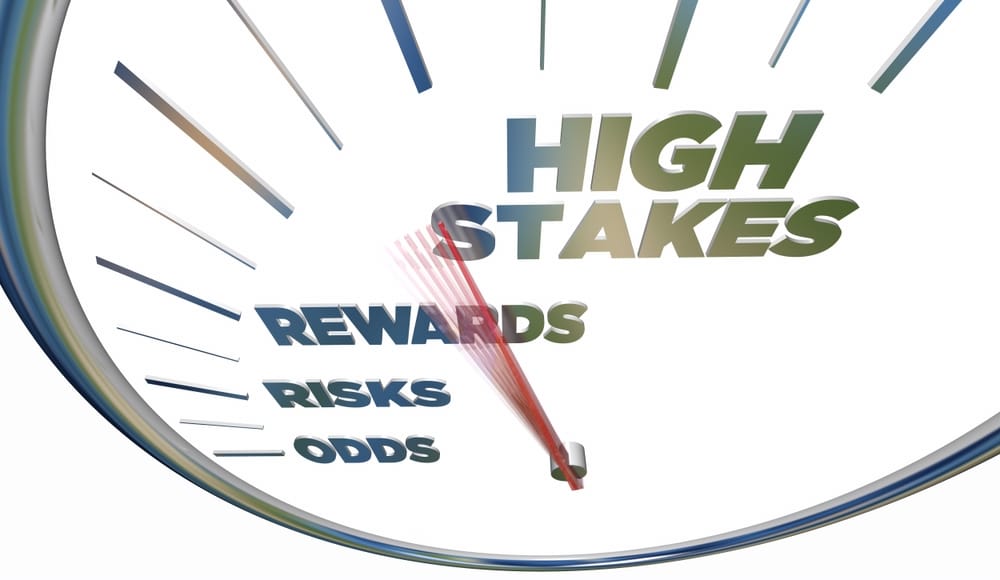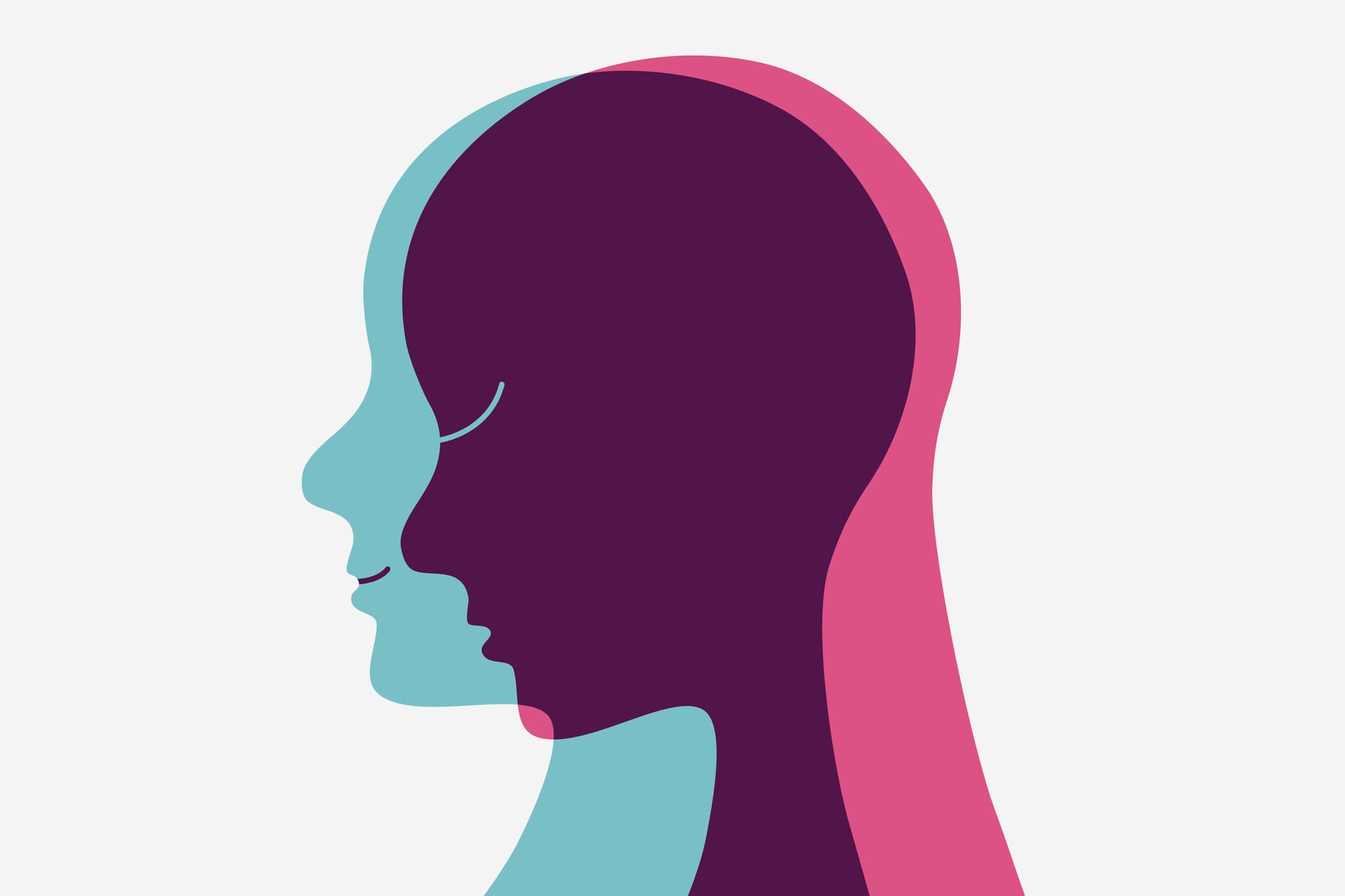
Happy collision
WE NEED TO talk about what it means to work for good.
Because somewhere along the way, the idea of working in the NGO sector got confused with being soft. Or self-sacrificing. Or somehow less serious than a role in the corporate world. The truth is the opposite.
Professional high stakes work
Working in mental health, addiction, housing, food insecurity, violence prevention, or community support is some of the most professional, high- stakes, fast-paced work being done in Aotearoa today. And it deserves to be seen — and treated — as such.
The business of service
I want to be clear: we’re not in the business of charity. We’re in the business of service. Professional, accountable, often complex service. And it’s fast. People need support now, not after a twelve- month stakeholder engagement loop.
Fast paced
NGOs aren’t slow. They’re agile. Fleet of foot. We move because we have to. Because we’re responding to crisis, not waiting for a steering group. At Ember, we spend a lot of time innovating. We seek to build resilient communities, and we often have to build, test, adjust, and deliver inreal time — not because we’re making it up as we go, but because the need doesn’t wait.
Heart of the action
NGOs ARE the heart of community This pace isn’t accidental. It’s driven by proximity. The closer you are to people, to real life, the less patience you have for red tape and performative process.
The sector’s most effective teams are designing with communities, not for them. We’re listening, responding, solving — not packaging things up to make a good comms story later.
And yes, it’s hard. It’s complex. You don’t get to hide behind brand spin or a well-crafted job title. You’re in it. With the community. With the system. With the real limitations and real potential of human-cen- tred work. And you do it anyway.
Discipline and purpose
The professional discipline this requires is immense. The clarity of purpose. The emotional stamina. Our frontline kaimahi have the ability to move between trauma and reporting in a single hour. Our leaders may go from govern- ment negotiations in themorning to front- line realities by the afternoon. You don’t get to compartmentalise. You have to show up fully.
Working for good gives you something most roles never can: clarity. You know who you’re working for. You know what you’re trying to achieve. You know that your effort today might ease someone’s path tomorrow.
Professional skills and care – a happy collision
Serious work
If, like me, you’re working in the NGO sector, you’re not just doing good. You’re doing real, professional, serious work. Own it. Expect others to treat it that way. Expect to be paid properly, managed wisely, and supported to grow. We’ve earned that.
Article first published in Business North Harbour FYI magazine- Winter 2025


